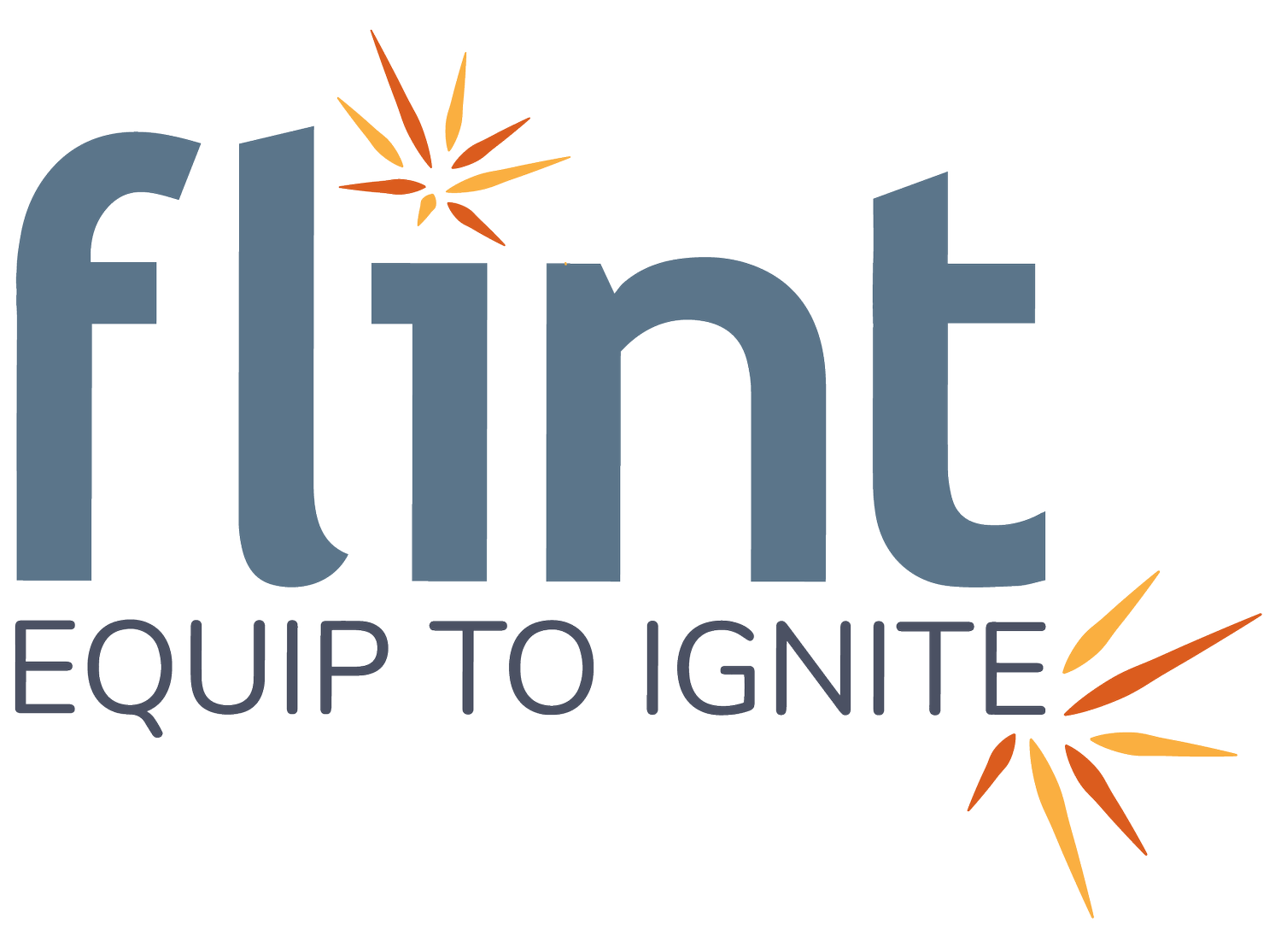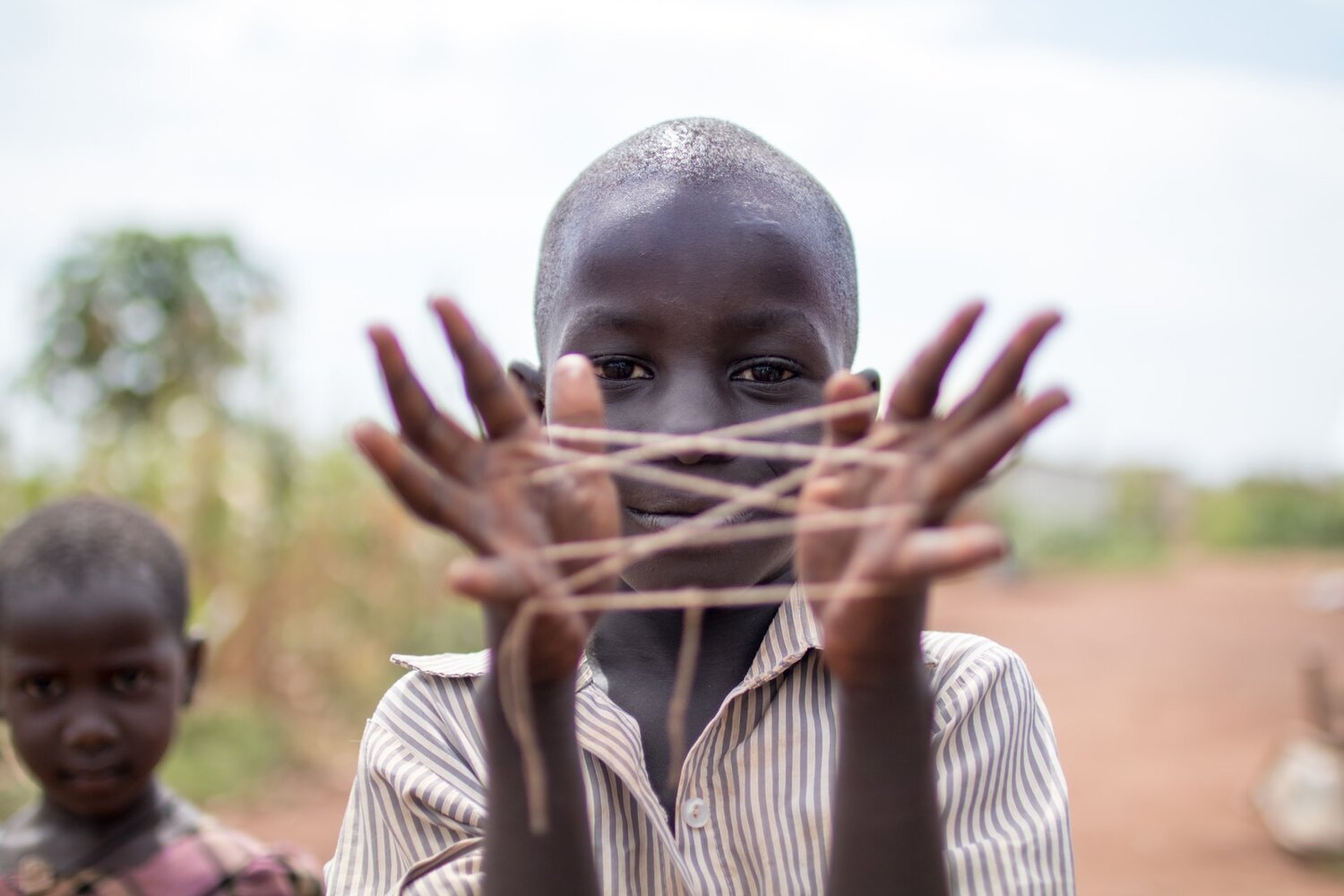Moved to Act: A Story from Tanzania
Economic disparity is an unfortunate reality in countries across the globe. Even in “first world” countries like the United States, the lives of the richest and poorest citizens are markedly different from one another. Just as we forget that economically rich countries have pockets of extreme poverty, we forget that countries with extreme poverty are also countries with rapidly developing hubs of business, tech, and innovation.
But why does economic prosperity only exist for some and not for others?
Sadly, as countries and economies grow, they do not grow equally for all citizens. The reasons are myriad: class structure, generational wealth, luck, and geography are but a few of the factors at play in economic disparity. Of these factors, geography is the easiest to understand and the hardest to see.
Oftentimes, those who live in rural areas, away from the developing economic centers, are less likely to have access to education, running water, electricity, or necessary supplies like food, tools, and raw materials for production. They are “cut off” from the rest of their country. Their isolation contributes to their lack of resources but also to their invisibility. Many who live in the economic centers are blind to the struggles of those in rural areas. It isn’t indifference but a lack of awareness that causes this disconnect.
So what happens when those two realities are brought together?
In Tanzania, one of our partners experienced this first hand. His growing awareness of his own country led him to take action and to eventually reach out to us for partnership. When Musa’s work brought him to small rural communities, he was moved by the differences between the Tanzania he had known in the city and the Tanzania he was now experiencing in this remote region.
Moved to action, Musa asked one community how he could best serve their needs. What could he do to help them improve their lives? In response, the community asked for a means to educate their children. They wanted a school where young children could receive a basic education.
Determined to succeed, Musa brought the project to his network of friends and family. Together, they networked with churches in their area to raise the funds needed for the school. Fully funded, Musa and his friends returned and, alongside community leaders, they built the school and forged a lifelong connection with the community. As this relationship grew, Musa and friends asked Flint Global to join them in their work and to help the community build their economic future
When Musa became aware of the struggles of his fellow citizens, he was galvanized to action. By being made aware of the disparity in his country, he was given the insight to take action. Flint loves to partner with local leaders like Musa to make a difference.
By bringing together the different economic spheres, we give people the opportunity to make connections and to confront their perceptions. When we see the reasons behind economic poverty, we stop thinking of it as a personal or invisible issue. Instead, we see the larger systems at play. We recognize the inequality in these systems and the suffering they cause. Once we see, we act to change them for the better. We hope you will join us in that mission.
Note: Names have been substituted or withheld in order to respect the privacy and wishes of our partners. The above photo is a visual device and does not include anyone in our story.

